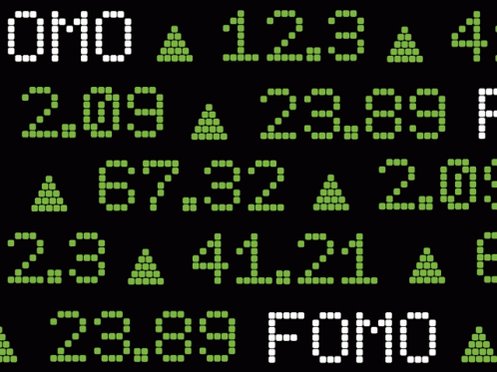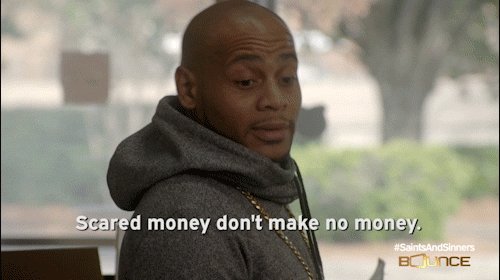Wait, what's a bond?
Very simply, it's a loan.
Instead of borrowing money from a bank, a company (or government) will borrow from investors. So investors will give the company money & in exchange they get paid interest (called coupons)
Fancy term for the IOU is "bond issuance"
I'm an investor, how do the mechanics work?
Company sells you a bond for $100 and promises you 5% every year for 3 years. They also pay you $100 at the end.
Yr 1: $5
Yr 2: $5
Yr 3: $5 + $100
That's $115 (or a 15% return) after 3 years. Right?
The real return is closer to 10%
Why are my returns so much lower?
$100 today is worth more than $100 in 3 years from now - yes, inflation!
Even at a modest 1.5% inflation each year, the $100 you give up today is worth less than $96 in 3 years from now.
ILBs (inflation linked bonds) try & help solve this.
How come bonds are always quoted in yields (%s) instead of actual prices like shares?
Bonds have different maturities* & coupons - quoting a percentage makes it easy to compare different bonds & compare against other assets.
*Maturity = time to get paid back (3yrs in example)
Bond yields are inversely related to bond prices
Here's how it works. You paid $100 upfront for the bond. Remember that $5 coupon? Your coupon rate is 5% - that's the interest rate the company pays you. It's fixed
But bond prices MOVE depending on demand & supply in the market.
Suddenly there's a huge demand for these company bonds and the price shoots up to $120... but investors are still only getting a $5 coupon!
You paid $100 & got $5 => 5% yield
If you buy at $120, you still get $5 => 4% yield
As the price went up, the yield went down
"I'm about to go & buy all the bonds with high yields"
No. Wait!
There's a reason for bonds being high yielding - there's a great chance the company who issued them could default on these "junk" bonds and you won't get paid! The market is pricing this in
High risk, high reward
How do I know if a company will default and not pay me?
Each bond comes with a sticker label called a credit rating. These are assigned by credit ratings agencies & usually have letter ratings. AAA is peak quality, C is poor
Agencies have mispriced risk in the past (think GFC)
When you switch on CNBC or Bloomberg tonight & hear them shouting about "yields continue to uptick as treasuries (bonds) sell-off" - you know exactly what they mean...
Shout-out for making it to the end!
Additional thread: the oil price explained in 90 seconds
https://t.co/fmVvK6J7a6
Additional thread: dark side of credit ratings agencies
https://t.co/Xue2Z2YsAf
What it's like to issue a bond as an investment banker deserves it's own thread, here's some insights:
- LOTS of paperwork + hours of lawyer calls
- Marketing to investors is a huge part of the process
- Timing makes a massive difference
- Use of proceeds is super important
I need a challenge! Cool, if you know at least 10 of these terms, you're a heavy hitter in the bond game
Yield curve inversion
Dirty price
Zero coupon
Duration
Convexity
Companion tranche
WAM
Jump Z tranche
Forward cap
CPR
Index Ratio
Inverse Floater
For more 90 second explainers and a ton of memes, feel free to join our Telegram channel:
https://t.co/v3uNq6IvBk or check out
@Banker__X




















